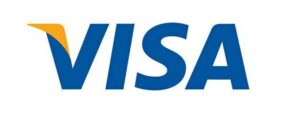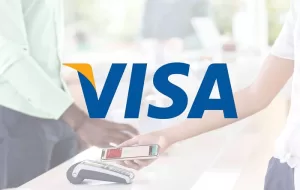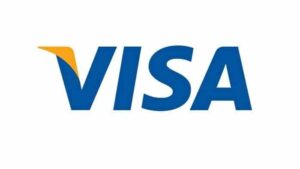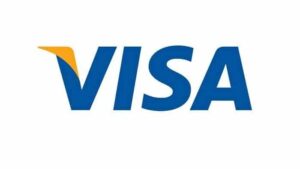Visa’s Blockchain Based Innovations Can Take Small Businesses to the Next Level
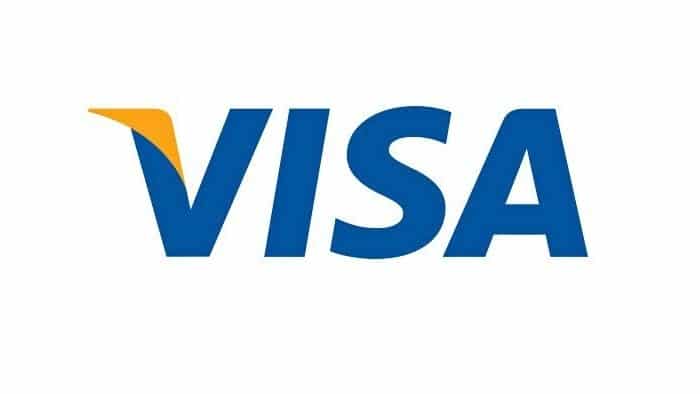
Visa (NYSE: V), a world leader in digital payments, was one of nine finalists tasked with exploring innovative blockchain-based use cases for the Real Digital (Brazil’s central bank-issued digital currency, or CBDC) as part of the most recent LIFT Challenge. The company partnered with Agrotoken, Microsoft, and Sinqia to develop its submission.
After months of collaborative work between each company’s world-class researchers and engineers, Visa and its team are excited to share the results of their LIFT Challenge participation — a programmable finance platform for Small and Medium Enterprises (SMEs), particularly farmers, that is designed to enable greater access to global capital markets, facilitate interoperability between currencies, improve operational processes, and uncover new growth opportunities.
Small Businesses Drive Global Economies
SMEs are often beholden to localized market structure in negotiating favorable contracts. For example, factoring is a well-known financing method today where a farmer can sell their future receivable at a discount to receive money today to purchase supplies and pay wages. This process routinely leads to a sizable percentage loss of the farmer’s receivable to the entity providing financing.
Visa’s prototype is designed to provide local farmers with more timely and greater access to a global pool of investors for financing, allowing the SMEs to get the best price discovery for their goods. By empowering SMEs with additional options to finance their businesses in a secure and frictionless way, Visa’s prototype platform aims to improve existing money movement operations and alleviate pain points caused by inaccessibility to traditional services.
“Small businesses are essential contributors to our local economies, such as in Brazil where they employ over half the population and contribute to nearly a third of the country’s GDP. At Visa, we are committed to help them grow, exploring new technologies that will empower them to more easily maintain and expand their business operations,” said Catherine Gu, Global Head of CBDC for Visa.
“Brazil is one of the world’s leading markets for innovation,” she continues. “By contributing our expertise, scale, network, and cutting-edge technologies in this market, we are able to help advance real-world applications of digital currencies — in this case making it possible for a soybean farmer to create and globally auction a tokenized contract on a permissioned version of the Ethereum blockchain, while utilizing different forms of money and interoperating between them.”
How Visa can Enable Programmable Finance in CBDCs
With many of the world’s central banks exploring the value of a Central Bank Digital Currency (CBDC), Visa and its partners have demonstrated how CBDCs can enable new cross-border payments programmatically, as well as provide international investment resources to SMEs. The programmable aspects of digital currencies, which allow delivery and payment of assets and currencies to be automatically settled only when certain conditions are met, open the door for more efficient capital usage and reduced counterparty risks, while leveraging the security, stability, and safety of a central bank liability via CBDC as a reliable settlement currency.
The prototype platform brings existing financial processes and assets on-chain, allowing farmers to tokenize traditional financing contracts. To achieve this, Agrotoken brought its agriculture-based tokenization expertise from their existing solutions in Brazil and Latin America and Visa delivered a tokenization process for turning existing Brazilian legal documents into an on-chain tradeable NFT.
“Agrotoken has a mission to democratize agribusiness by making transactions with soy and corn more accessible. To achieve this, we have chosen solid partners, such as Visa, to join us in our journey towards this goal,” said Anderson Nacaxe, Director of Agrotoken in Brazil.
Combined with tokenization, Visa implemented a new onchain sealed-bid auction mechanism through smart contracts to enable a global pool of investors on the blockchain to participate in the financing process, achieving competitive price discovery. Additionally, the platform leverages a Visa technology called Universal Payments Channel (UPC), which can interconnect between the Real Digital (CBDC) and other CBDCs, stablecoins or tokenized deposits, to help ensure future interoperability between digital currencies across different markets and networks.
This year’s LIFT Challenge Real Digital sought innovative tech research projects within the financial sector to assess use cases for the Digital Brazilian Real. Visa developed this Proof of Concept as part of the company’s ongoing efforts to work with industry partners, lead exploratory work and apply emerging technologies to creatively solve for well-known real world problems.
Visa works with Central Banks around the world and other players of the payment ecosystem to identify compelling CBDC opportunities that can be scaled and executed through secure, innovative, convenient, and reliable technologies, with the goal of developing innovative digital payment solutions that can help individuals, businesses and governments participate in the digital economy and ultimately thrive.
Source: Visa












